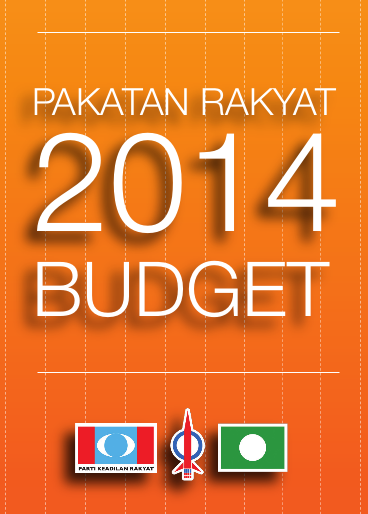MCMC must explain the rationale for awarding the lion's share of 40MHz bandwith for the next generation 4G-LTE spectrum to Puncak Semangat
It is become endemic of the Malaysian regulatory authorities to award quotas and licences to companies with questionable financial credentials and without any track record in the relevant industries.
Last week, Malaysian Communications and Multimedia Commission (MCMC) announced the allocation of the 4G-LTE spectrum where all 7 existing broadband players in the market – Maxis Broadband Sdn Bhd, Digi Telecommunications Sdn Bhd, Celcom Axiata Bhd, U Mobile Sdn Bhd, Redtone Marketing Sdn Bhd, YTL Communications and Packet One Networks (M) Sdn Bhd were granted 20MHz of bandwidth.
However, what took the industry by surprise was the award of the largest share of the bandwith of 40MHz to a little known entity Puncak Semangat Sdn Bhd, owned by tycoon Tan Sri Syed Mokhtar Al-Bukhary.
The most straightforward question to ask MCMC is – why is it that a company with zero track record in the industry has been given the privilege of securing the largest chunk of the bandwidth?
It appears that MCMC which has landed in controversy in the past, is persisting in awarding licenses to companies with little track record or financial capabilities. In the past award of bandwidth for the 3G and WIMAX spectrum, several companies have failed to deliver the services or have effectively sold their license for a quick profit.
What is most disappointing the the award of licenses in Malaysia is there is not auction requirement as practised in most other developed countries. The auction process will not only ensure the most committed companies to take part in the exercise, but will also raise valuable revenue for the Government.
For example, the Office of Communications, the independent telecommunications regulator in the United Kingdom has set a reserve auction price of GBP1.3 billion for the 4G-LTE licences and the industry expects the Government to raise between GBP3 to 4 billion!
In 2010, the highest bid in the German spectrum auction was 7.5 Million Euros for two blocks in the 800 MHz band.
In 2008 Sweden concluded an electronic 16-day auction for nine 15-year 4G-licenses for a total bandwidth of 190 MHz in the 2,6 GHz band. The total required minimum bids were SEK 50,000,000, but the total winning bids were USD314 million.
Other countries such as Taiwan, Singapore, Brazil are planning for 4G auctions in 2013. Similarly, Thailand has only just concluded their 3G auction, netting their Government US$1.4 billion in the process despite a more depressed market environment, and alleged collusion to lower the auction price.
It appears that in Malaysia, our regulators are more interested in enhancing the profits of our telecommunication companies, and even then favouring certain connected parties despite their lack of track record.
The above is the clear cut case of lost opportunity for the Government to raise valuable funds to provide much needed services and facilities for Malaysians, such as toll-free highways and affordable homes.
Pakatan Rakyat will ensure that all licenses granted by our various regulatory bodies, particularly in the energy and telecommunication will be awarded in an open, transparent and competitive manner to ensure that the best bids will win the licences and the Government will also be able to maximise its revenue in the interest of the rakyat.
